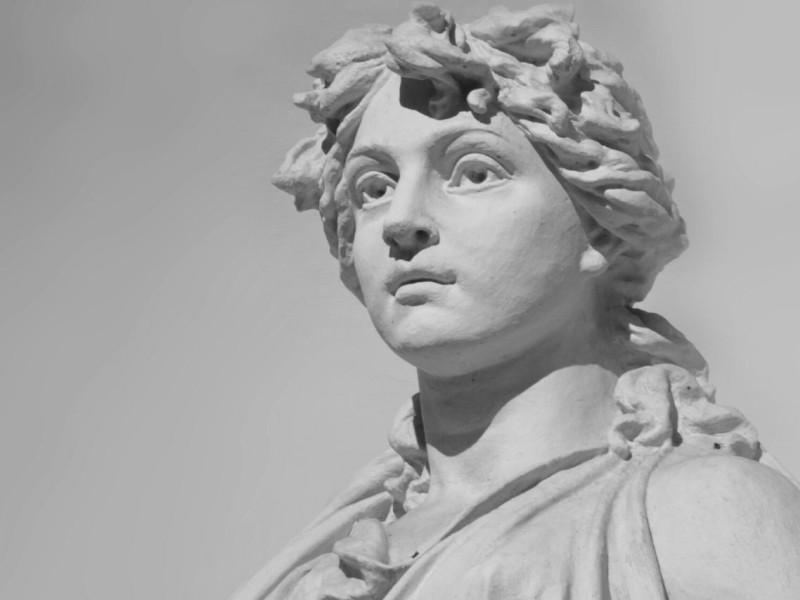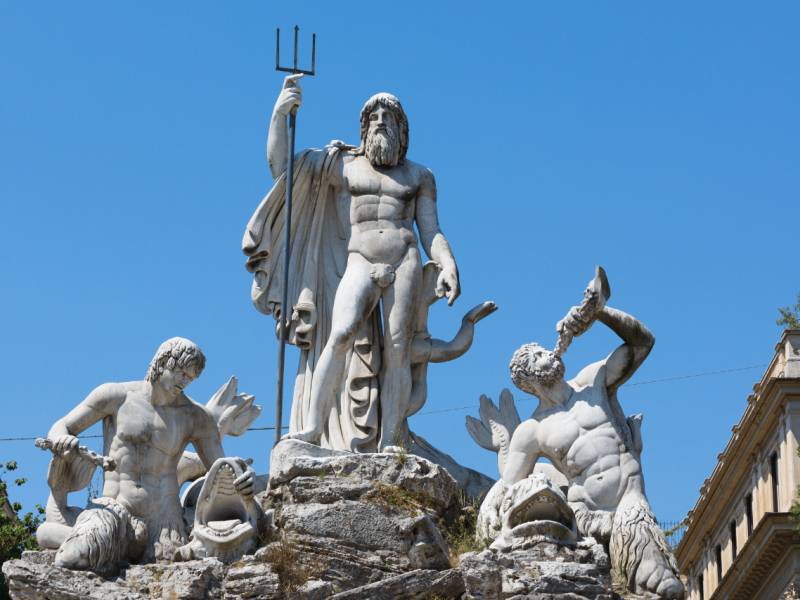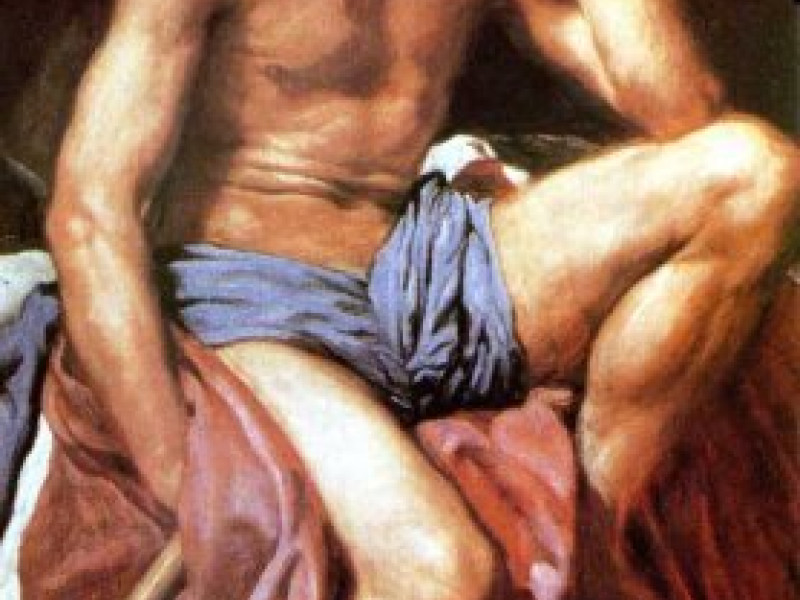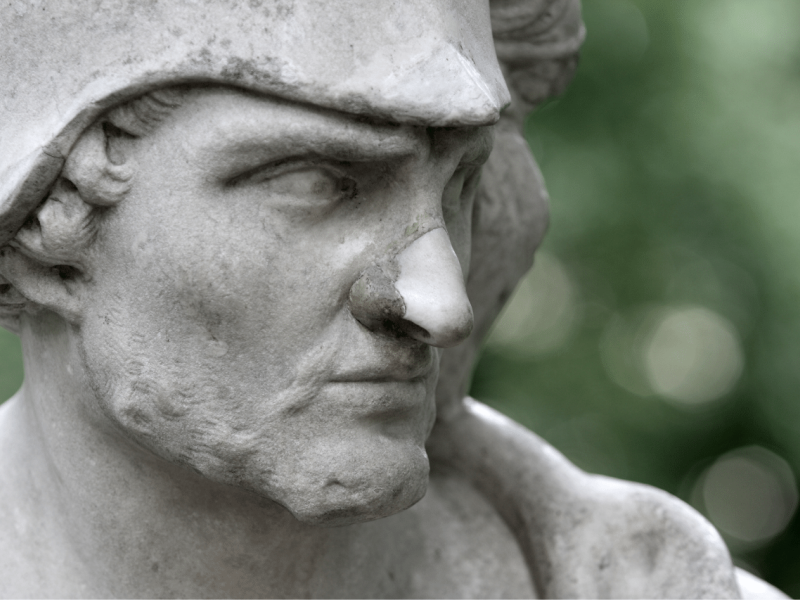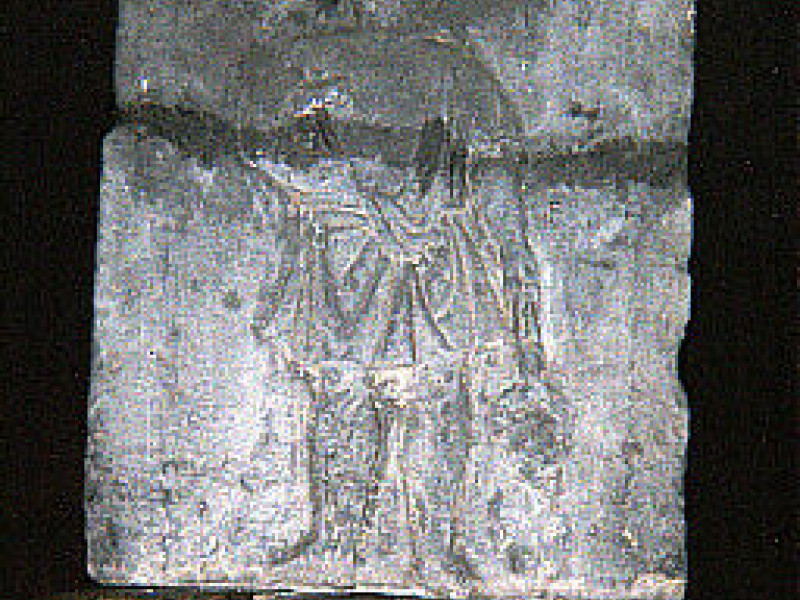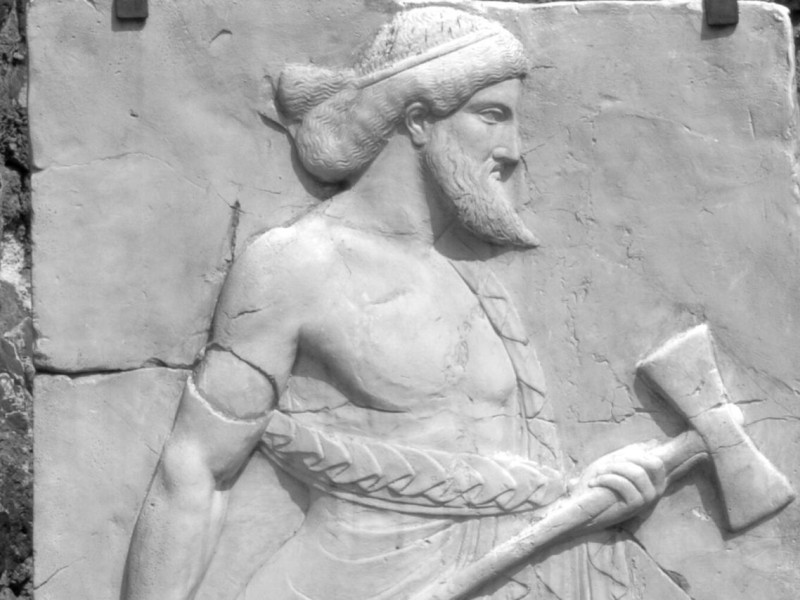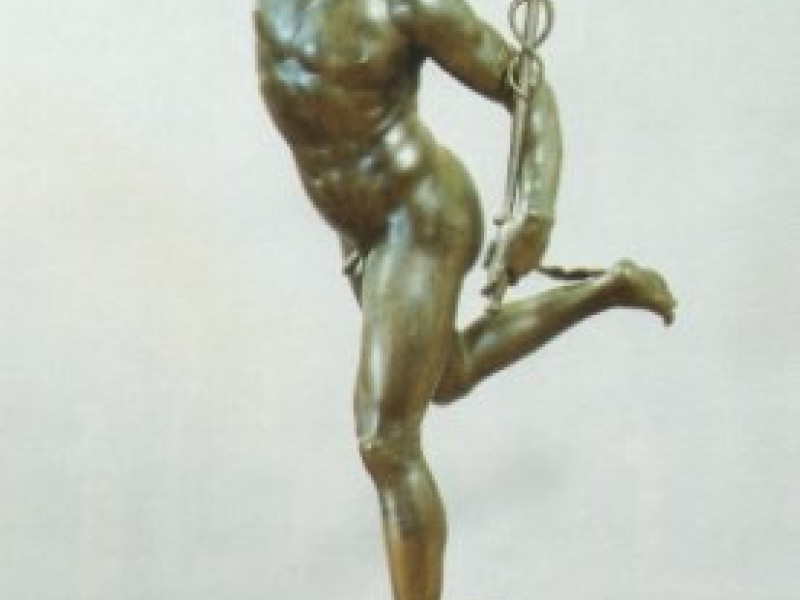Venus
The Roman goddess of love. Venus was originally the goddess of ferility, particularly of field and garden. Venus was originally a Latin goddess, and when her worship was adopted in Rome. Venus was later honoured as the goddess of love and beauty, when she became identified with Aphrodite. Turan is the Etruscan equivalent to the Roman goddess.
Like the Greek myths, she was the husband of Vulcan (Hephaestus), but her frequent lover was Mars (Ares).
According to the Roman writer Vergil, Venus had a mortal lover named Anchises, and she was the mother of the Trojan hero named Aeneas, ancestor of the Roman people. It was said that Julius Caesar could trace his line to her through Aeneas and Iulus, Aeneas' son. See the Aeneid, in the Tales of Rome, for the story of Aeneas.
Her other mortal lover was Adonis (see Aphrodite).
Her first temple wasn't built until 215 BC.
Venus had two festivals; both were called Veneralia, and were held on April 1 and the other on August 19.
In astronomy, the 2nd planet in our solar system was named after the Roman love goddess Venus. The diameter of Venus is almost the same as that of Earth, as well as being Earth's nearest neighbour. It is the brightest planet in our night sky, and it is known by two names, Morning Star, when it can be seen on the eastern horizon before or at sunrise, and the Evening Star on the western horizon after or at sunset. Like Mercury, Venus has no satellite or moon.
By Jimmy Joe
